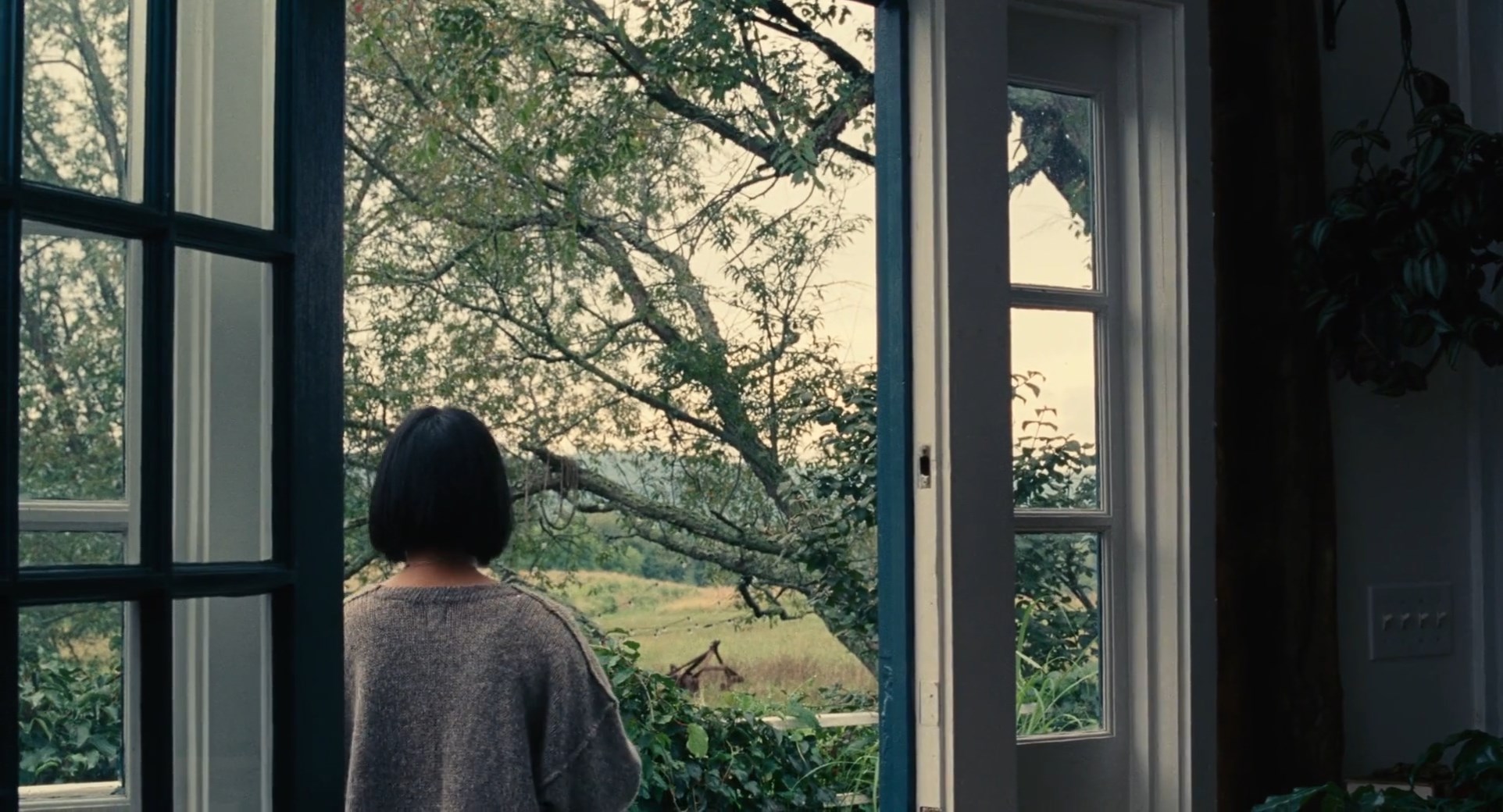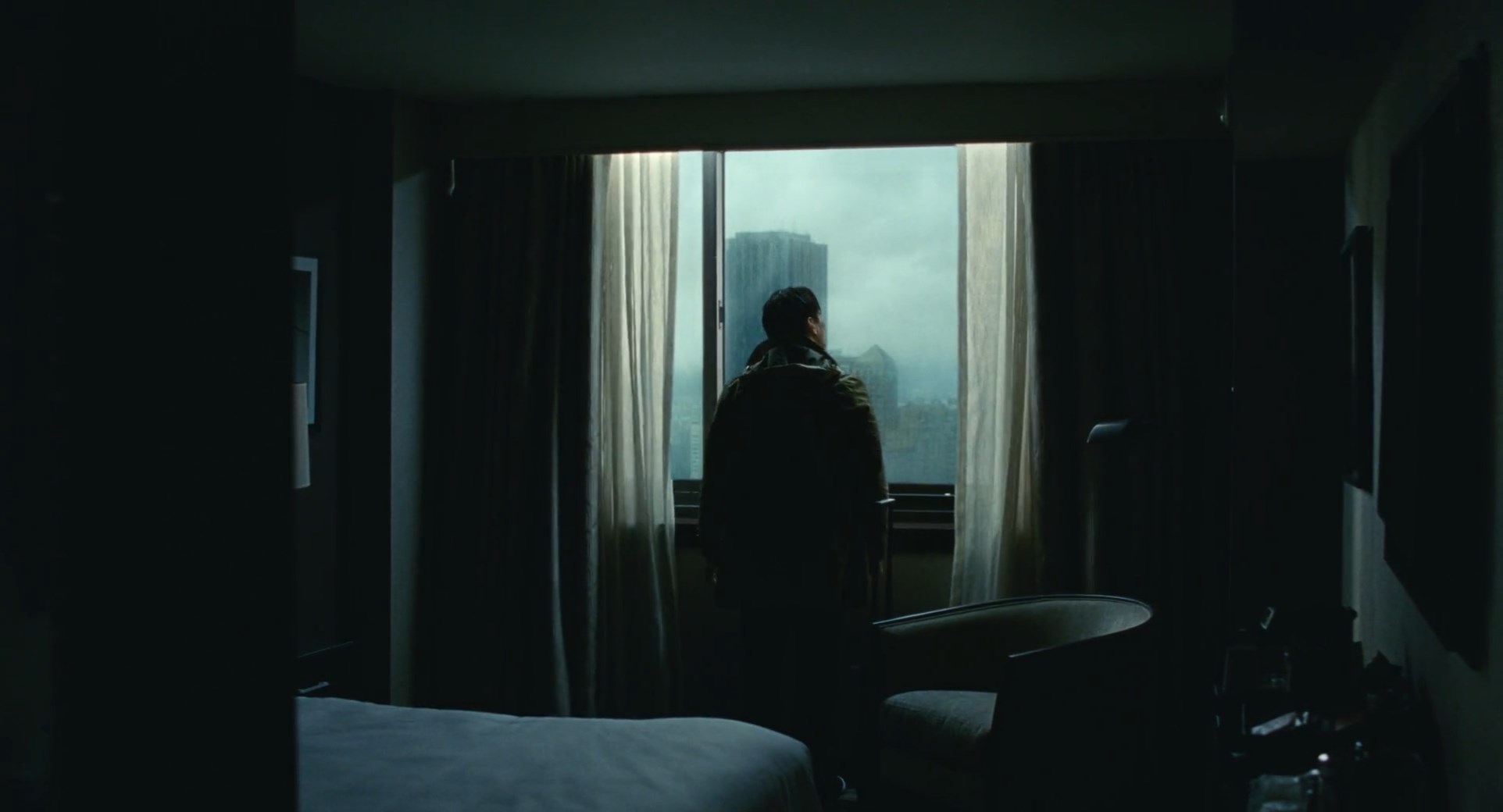Past Lives Review
One of the hardest things to do in a film, if not the hardest, is to create thoughtful and engaging conversation. Our primary tool of communication turns out to be the hardest tool to use when creating art forms, more notably films. Yet, if done correctly, the bond created between the characters and the audience will truly be magical.
That’s what Past Lives is good at doing. The debut of Celine Song, a Korean screenplay writer turned director is an absolute gem of a movie. We follow the reunion of two friends, Nora and Hae Sung after twenty years who happen to be childhood sweethearts as well.
Song tries to mix her experience of immigrating from Korea and living in dense New York with the kind of love story we do not see often. The unbloomed love. The kind of love that didn’t get a chance to grow, to be realized fully, to be enjoyed. And around that, the film beautifully shows the struggles of marriage, friendship, consequences, and fate.
The genius of Song lies in editing. Knowing when to cut, when to linger, and when to change the scenery is something a lot of indie filmmakers don’t get right. But in the case of Past Lives, everything is just perfect. The editing of the film has helped the rhythm of the movie but is also used as a storytelling technique.
There is a portion of the film in which Nora and Hae Sung are speaking to each other all the time via Skype. Between each scene of their dialogues are a few seconds of their daily lives. For instance, scenes that Hae Sung is riding the train, Nora walking down the street, Sung smoking with his friends after class, or Nora attending the writing sessions. These little scenes that last 2 or 3 seconds give pause between talking and also show their mandatory lives.
There is a melancholic subtext to every scene that makes you sad but also happy at the same time. A sort of nostalgia for a lost time that won’t be back nor can be recreated or re-experienced. Like a love song that you heard all the time when you were younger, then started hating it, and then enjoying it again after 10 years with a bit of cry over the good times that are lost now.
One of the main themes of Past Lives is regret. The kind of regret that will keep you awakened at night, thinking if you’ve taken that flight, if you didn’t stay at that place the night you met that special someone, how your life would be. Would be better or worse in ways you cannot imagine. And it gets more painful when you realize you’re chained by real life, expectations, and responsibilities, and even if you tried, there is no way to fix it.
And then there is the cinematography of the film that tries to warn the audience or to tell them that enjoy the moments they have now. The duo of Song Kirchner as director and cinematographer is nothing less than magical. The locations and the tenderness in the slow movement of the camera and long pauses are absolutely miraculous.
It’s like the camera is telling you to slow down and enjoy these little moments, even the film you are watching right now, let alone greater experiences like falling in love and being alongside them. As Soren Kierkegaard says, no matter what you do, you will regret it eventually. If that is the case, then we must try to enjoy those moments.
But the passive spice of Past Lives that determines the feeling of each scene is not just music, it’s mixing it correctly with silence. There are a couple of scenes where the camera is just showing a scenery, and a beautiful melancholic song is playing to set the mood, and then it fades and leaves you with silence. It’s like the editing and mixing of audio is once again telling the same story told in the film but to set the mood and convey the right feeling to the audience.
Summary: Past Lives is a beautiful movie that will touch your soul with tenderness, the kind of tenderness that you won’t forget for a long time. Celine Song has shown once again that she is a talented screenplay writer, and also for the first time puts her talent in directing for display as well.










